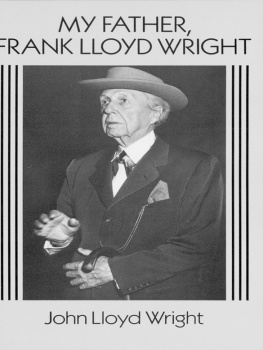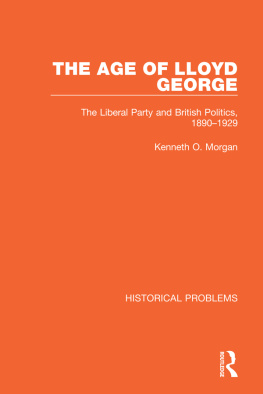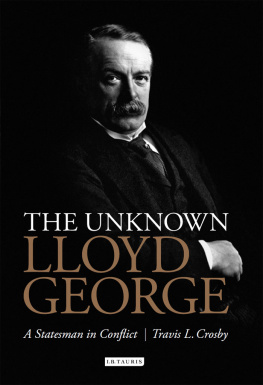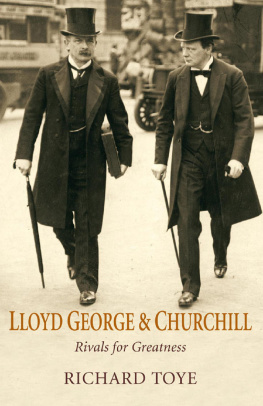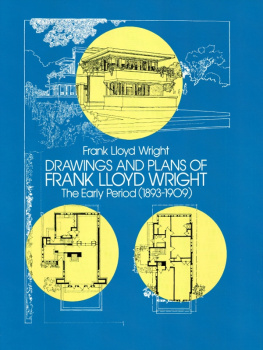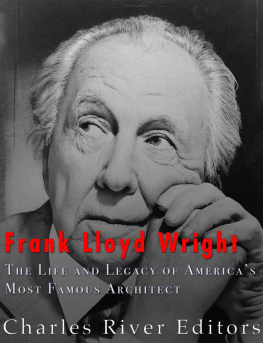THE MAN AND HIS STORY
BY
FRANK DILNOT
AUTHOR OF
"THE OLD ORDER CHANGETH"
HARPER & BROTHERS PUBLISHERS
NEW YORK AND LONDON
LLOYD GEORGE: THE MAN AND HIS STORY
Copyright, 1917, by Harper & Brothers
Printed in the United States of America
Published March, 1917
CONTENTS
| I. |
| II. |
| III. |
| IV. |
| V. |
| VI. |
| VII. |
| VIII. |
| IX. |
| X. |
| XI. |
| XII. |
| XIII. |
APPENDIX--MR. LLOYD GEORGE ON AMERICA AND
THE EUROPEAN WAR |
FOREWORD
Mr. Lloyd George gets a grip on those who read about him, but his personality is far more powerful and fascinating to those who have known the man himself, known him during the time his genius has been forcing him to eminence. He does not fill the eye as a sanctified hero should; he is too vitally human, too affectionate, too bitter, and he has, moreover, springs of humor which bubble up continually. (You cannot imagine an archangel with a sense of humor.) But it is this very mixture in the man that holds the character student. Lloyd George is quite unpretentious, loves children, will join heartily in the chorus of a popular song, and yet there is concealed behind these softer traits a stark and desperate courage which leads him always to the policy of make or break. He is flamingly sincere, and yet no subtler statesman ever walked the boards at Westminster. That is the man I have seen at close quarters for years. Is it to be wondered at that he alternately bewilders, attracts, and dominates high-browed intellectuals? Strangely enough, it is the common people who understand Lloyd George better than the clever ones. Explain that how you will.
I have seen David Lloyd George, present Prime Minister of England, as the young political free-lance fighting furiously for unpopular causes, fighting sometimes from sheer love of battle. I have seen him in that same period in moods of persuasion and appeal pleading the cause of the inarticulate masses of the poor with an intensity which has thrilled a placid British audience to the verge of tears. Since then I have seen him under the venomous attacks of aristocrats and plutocrats in Parliament when his eyes have sparkled as he has turned on them and hissed out to their faces words which burned and seared them and caused them to shake with passion. And in the midst of this orgy of hate which encircled him I have seen him in his home with his twelve-year-old blue-eyed daughter Megan curled up in his lap, his face brimming with merriment as, with her arm around his neck, she asserted her will in regard to school and holidays over a happy and indulgent father. That is the kind of man who now rules England, rules her with an absoluteness granted to no man, king or statesman, since the British became a nation. A reserved people like the British, conservative by instinct, with centuries of caste feeling behind them, have unreservedly and with acclamation placed their fate in the hands of one who began life as a village boy. It was but recently I was talking with a blacksmith hammering out horseshoes at Llanystumdwy in Wales who was a school-mate of Lloyd George in those days not so very long ago. The Prime Minister still has his home down there and talks to the blacksmith and to others of his school companions, for he and they are still one people together, with ties which it is impossible for statecraft to breakor to forge. I have met Lloyd George in private, have seen him among his own people at his Welsh home, and for five years as a journalist I had the opportunity of observing him from the gallery of the British Houses of Parliament, five years during which he introduced his famous Budget, forced a fight with the House of Lords, and broke their power. I purpose to tell in plain words the drama of the man as I have seen it.
A year before the war broke out, while he was still bitterly hated by the Conservatives, I was visiting him at his Welsh home near Llanystumdwy and he asked me what I thought of the district. I said it was all very beautiful, as indeed it was. I emphasized my appreciation by saying that the visitors at the big hotel at Criccieth near by were one and all enchanted. They were nearly all Conservatives, I pointed out, and there was just one fly in their ointment. "I know it," said Lloyd George, vivaciously, with a quick twinkle in his eye. "Here's a bay like the Bay of Naples, God's great mountains behind, beautiful woods, and green meadows, and trickling streamseverything the heart of man can desire, and in the midst of it all HE lives." He paused and deepened his voice. "Satan in the Garden of Eden," he said. It was just his twist of humor, but it told a story. Now for the companion picture. The last time I saw Lloyd George was one dark evening in the December which has just gone by. It had been a day of big political happenings; the Asquith Government had resigned, Bonar Law, the Conservative leader, had been asked by the King to form a Ministry and had said he could not do so. Lloyd George's name was being bandied about. In those few fateful hours Britain was without a Government. At seven o'clock I was at the entrance of the War Office at Whitehall. Through the dark street an automobile dashed up. The door was opened, and a silk-hatted man stepped out and passed rapidly into the War Office, and then the little group of bystanders noticed that the footman at the door of the automobile was wearing the royal livery. The silk-hatted visitor was obviously a messenger from King George. Three minutes later the War Office doors swung open and two men came hurrying out. The first was the King's messenger, the second was Lloyd George. The latter's shoulders were hunched with haste, his hat was pressed deep and irregularly over his forehead, his face, set hard, was canted forward. He almost scrambled into the conveyance, and three seconds later the automobile was going at top speed for Buckingham Palace. The King had sent for Lloyd George to ask him to become his Prime Minister.
F. D.
January, 1917.
LLOYD GEORGE
I
THE VILLAGE COBBLER WHO HELPED THE BRITISH EMPIRE
One day in the year 1866 a middle-aged cobbler named Richard Lloyd, occupying a tiny cottage in the village of Llanystumdwy in North Wales, had a letter delivered to him by the postman which was to alter the whole of his simple and placid life. It was a letter from his sister and bore melancholy tidings. The letter told how she had lost her husband and how she and her two little children were in distress. She was the mother of the present Prime Minister of Britain. The elder of her two children, then three years old, was David Lloyd George.
Miss Lloyd, the sister of Richard Lloyd, the cobbler, had married, a few years before, a William George who came of farming people in South Wales. A studious young fellow, he had devoted himself to reading, and presently passed the examinations necessary to become a teacher in the elementary schools. The countryside offered him no opportunity of advancement and he migrated to the big city of Manchester, where he secured a position as master in one of the national schools of the district. In Manchester were born two children, the elder of whom, David, was fated in after years to rise to fame. David's birthday was January 17, 1863. Far indeed were thoughts of future eminence from the struggling family during that time in Manchester.



